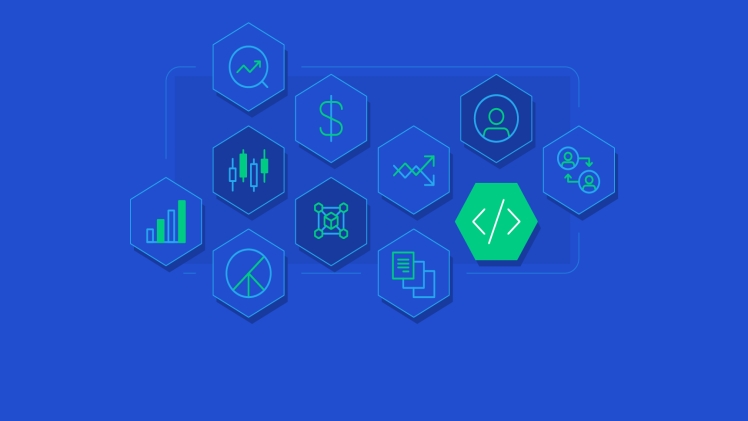For many economists, global wealth inequality is reaching a point of desperation. The gap between the haves and the have-nots is growing by the minute, and there appears to be no help on the way.
But some bright minds in the tech industry have a new solution. Fintech.
Yes, you read that correctly. The potential for the fintech industry and its digital wallets, investment apps, and instant mobile credit to bridge the income inequality gap is high.
And it’s not tech companies making this assertion. Governments and NGOs across the globe are predicting a bright future for fintech in reducing global financial inequality.
Read on to learn why fintech has become a leading solution for combating wealth inequality.
The Hope of the Fintech Industry
The primary basis for the optimism in the fintech industry to reduce inequality is its ability to increase access.
The popularity of mobile phones is exploding worldwide, including developing countries. This means millions upon millions of new individuals are gaining access to local and global financial systems every year.
Whether a woman is looking to start a business and enter the local economy for the first time, or whether a low-income farmer is looking to insure his harvest, there is now an app to help nearly anyone.
Simply put, the financial technology industry can provide better financial tools to the people who need them most.
There is clear evidence that the penetration of mobile devices (including fintech services) in developing nations is inversely correlated with inequality.
Information technologies, including fintech, can generate job opportunities for the lower class. They can also lead to transparency in government services, including tax collection. This limits corruption and exploitation of the wealth gap in most countries.
Asongu and Le Roux (2017) studied mobile and internet penetration in Sub-Saharan Africa in the early 2000s. They concluded there was a positive correlation between ICT tech growth and inclusive growth. This was measured using an inequality-adjusted human development index.
The Challenge
Despite the widely-held hopes for the fintech industry, it still remains to be proven these goals can be achieved in practice. Few studies exist as to the efficacy of these big claims. Thomas Piketty and other economists have cited the importance of amassing long-term evidence as support.
Can the presence of this technology really lift people out of poverty? Can it improve financial literacy on a global scale?
The answer isn’t yet here. Some critics believe easier access to credit could put struggling individuals deeper in debt. AI algorithms may be needed to ensure responsible lending that helps app users.
Fintech May Be The Perfect Solution
Fintech is poised to be a central figure in efforts to combat wealth inequality over the next decade. No other strategy can equip developing nations with the tools needed to succeed financially.
Longer-term studies must prove the efficacy and cost savings of strategies aimed to help the poor. But the potential benefits of a world growing together in fairness are too large to ignore. The fintech industry may become an important tool to this end.
Did you find this article interesting? Check out our other posts on the future of fintech and the global economy!

